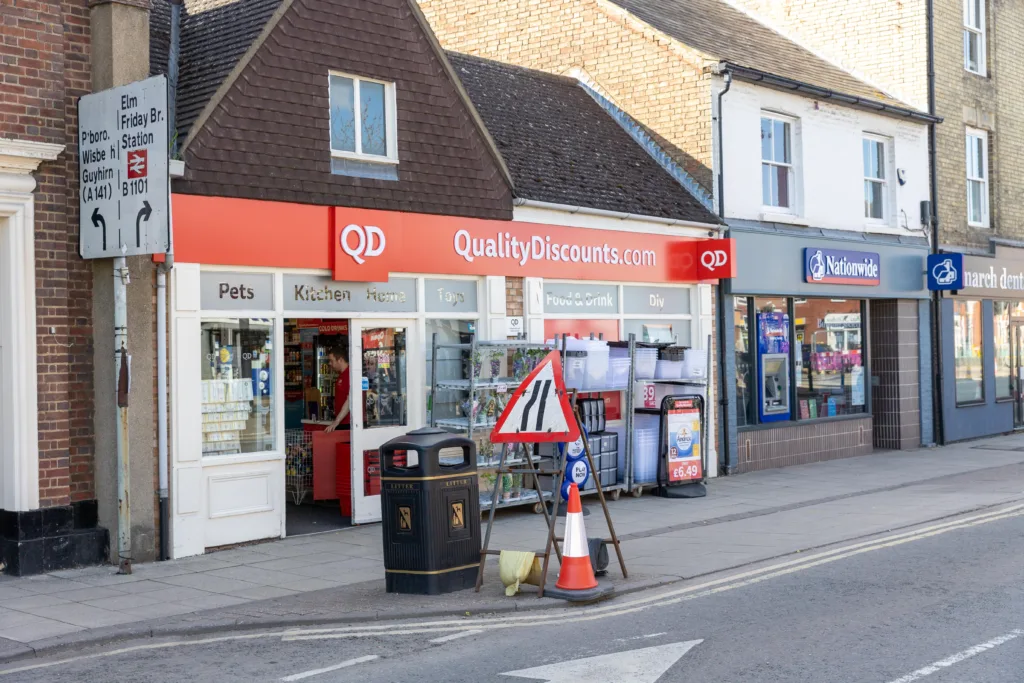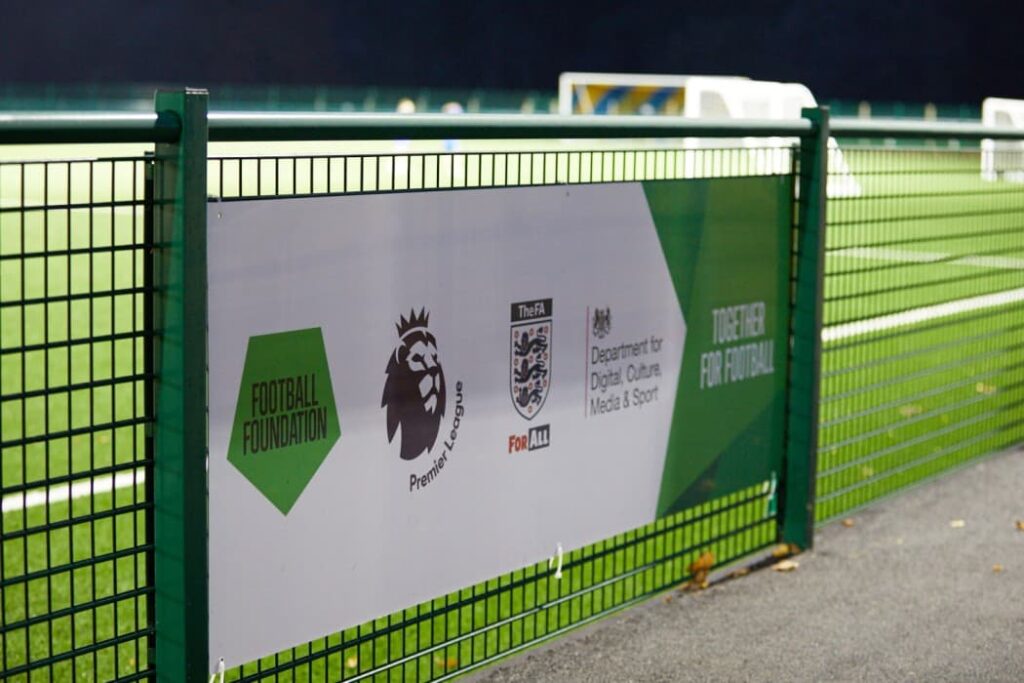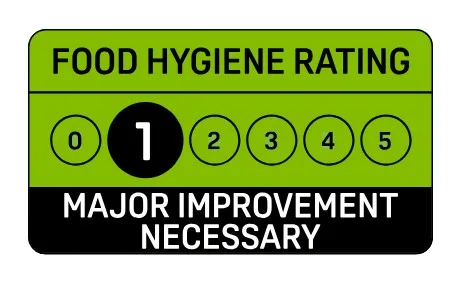Poultry and captive bird owners must keep their birds inside from Monday 7 November, as the country faces its biggest ever outbreak of avian flu.
South Cambridgeshire District Council is among local councils urging local bird keepers, including pet bird owners, to keep their birds in lockdown.
The council is urging owners to use strict biosecurity measures to help protect their flocks from the disease, regardless of type or size.
The compulsory housing measure follows over 80 confirmed cases across the UK since the beginning of October, 3 of which have been in Cambridgeshire.
Cases were confirmed near March and Somersham on 31 October.
Declaration Orders are in place bringing in additional rules for those who keep birds within 3km of the infected site in March and within 10km of the infected site at Somersham.
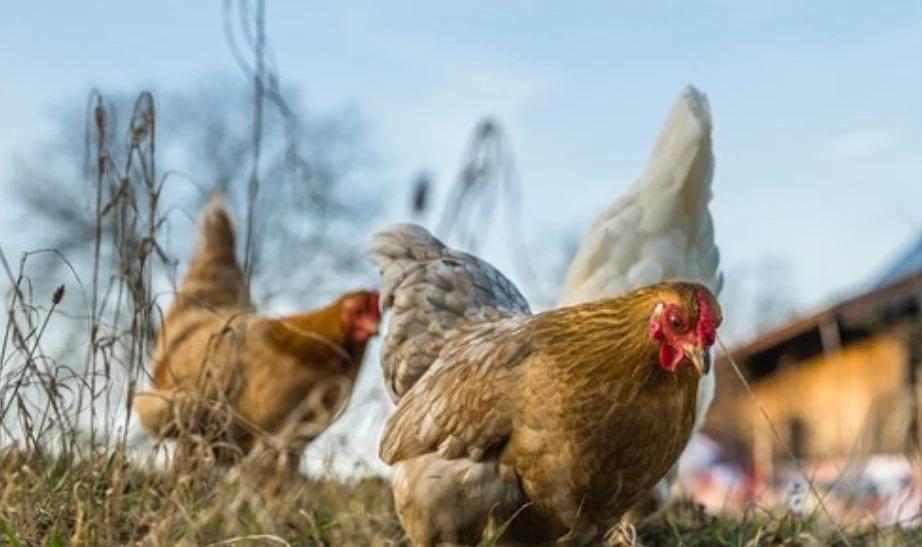
Cambridgeshire County Council has a role in supporting DEFRA and the APHA as part of the national animal disease contingency plan, with its Trading Standards team responsible for identifying all captive birds within the Protection Zone.
Trading Standards Officers will be calling at homes within the March and Somersham disease control zones next week to ascertain if birds are kept by those households.
If they are, the information will be referred to APHA for veterinary assessment to determine if a health check on the birds is required.
Trading Standards is also responsible for enforcement of the rules within the Declaration Order.
These rules are there to protect not only livelihoods and valuable commercial bird stocks, but also much-loved pets, and with such a virulent strain, it is vital bird keepers adhere to them.
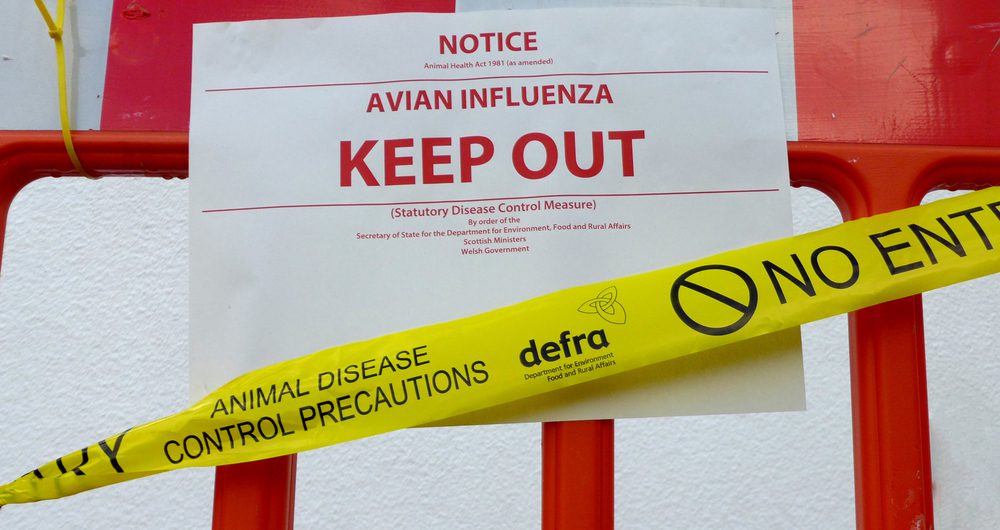
Anyone with concerns about breaches should report the information to Cambridgeshire County Council’s customer services team on 0345 0455206.
Road signs will also be erected by Cambridgeshire County Council on the main entry points into the March and Somersham disease control zones on behalf of the APHA to make bird transporters aware they are entering an animal disease control zone.
The lockdown housing measures legally require all keepers to ensure their birds are indoors and to follow stringent rules.
These include keeping the number of people entering the bird enclosure to a minimum and using specific footwear that can be cleaned before and after entering the enclosure, just for dealing with the birds.
Following restrictions already in force for Norfolk, Suffolk and Essex avian bird flu has now been found in areas of Cambridgeshire.
To protect an outbreak of avian bird flu, the Department of Environment, Food & Rural Affairs (DEFRA) has announced that from Monday 7 November all areas of England, including South Cambridgeshire, require the mandatory housing of all poultry and captive birds.
This includes pet chickens and ducks.
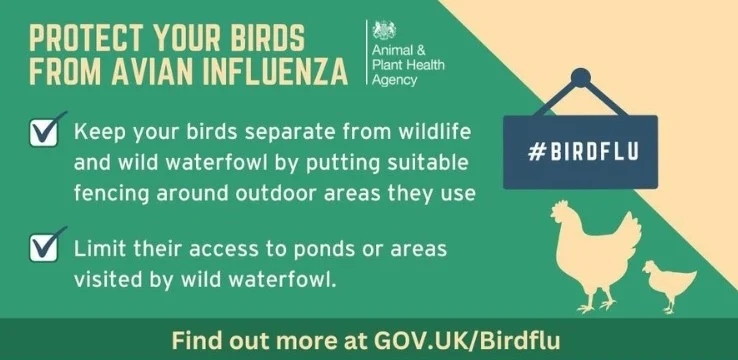
Cllr Brian Milnes, Lead Cabinet Member for the Environment at South Cambs, said: “Scrupulous biosecurity and separating flocks in all ways from wild birds remain the best form of defence.
“Whether you keep just a few birds or thousands, from Monday 7 November onwards you must keep yours indoors. This is the best way to protect your birds from this highly infectious disease.”
To achieve the requirements, birds must be kept in an area that is fully covered, so as not to allow wild birds to enter or their faeces to contaminate the area.
Failure to comply with the housing measures set by DEFRA could result in a fine.
Further details can be found on the Gov.UK website
Over the last year, the United Kingdom has faced its largest ever outbreak of avian flu with more than 200 cases confirmed since late October 2021.
The introduction of the housing measures comes after the disease was detected at over 70 premises since the beginning of October, as well as multiple reports in wild birds.
The United Kingdom’s Chief Veterinary Officer, Christine Middlemiss, said: “We are facing this year, the largest ever outbreak of bird flu and are seeing rapid escalation in the number of cases on commercial farms and in backyard birds across England.
“The risk of kept birds being exposed to disease has reached a point where it is now necessary for all birds to be housed until further notice.”



